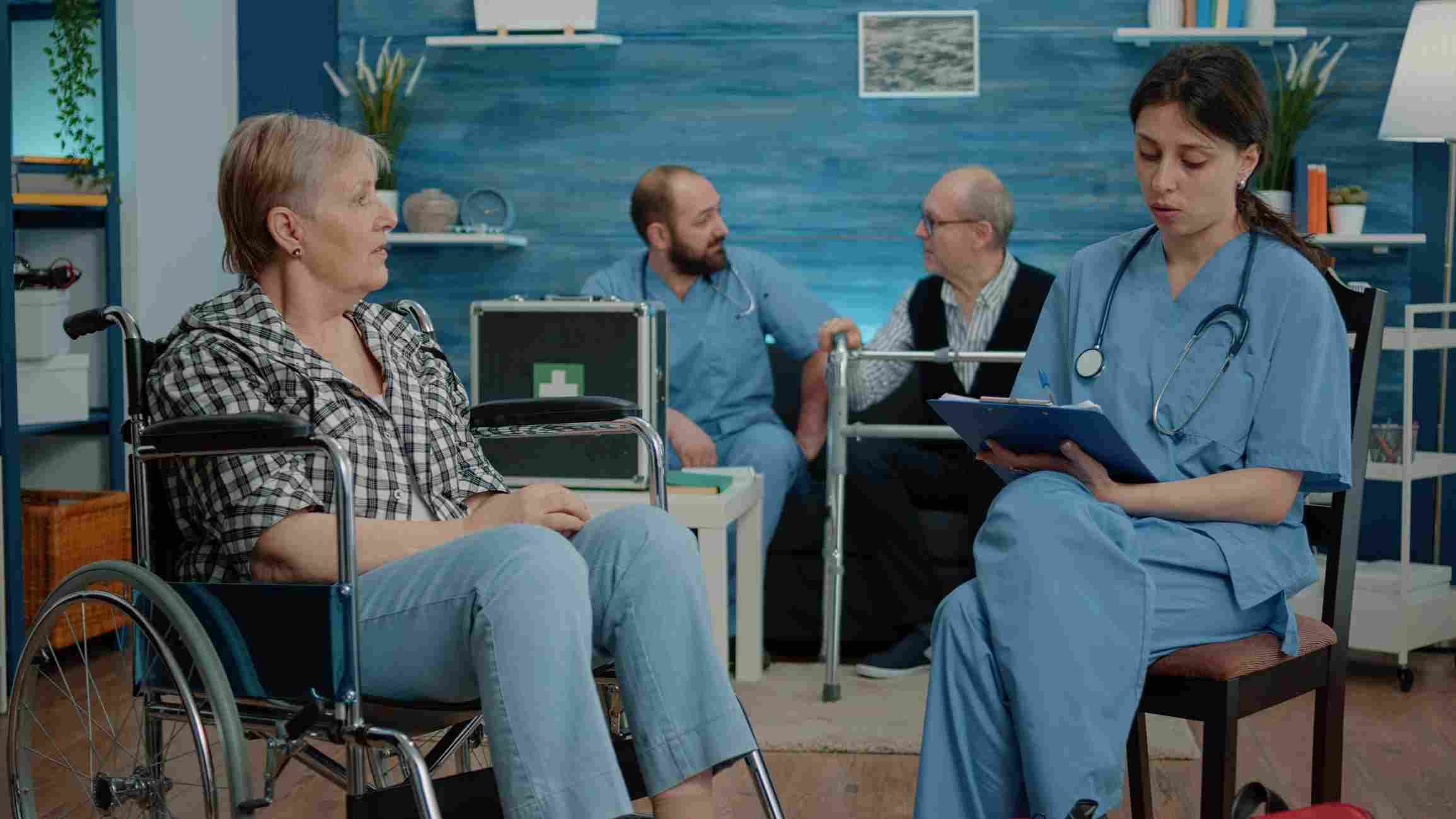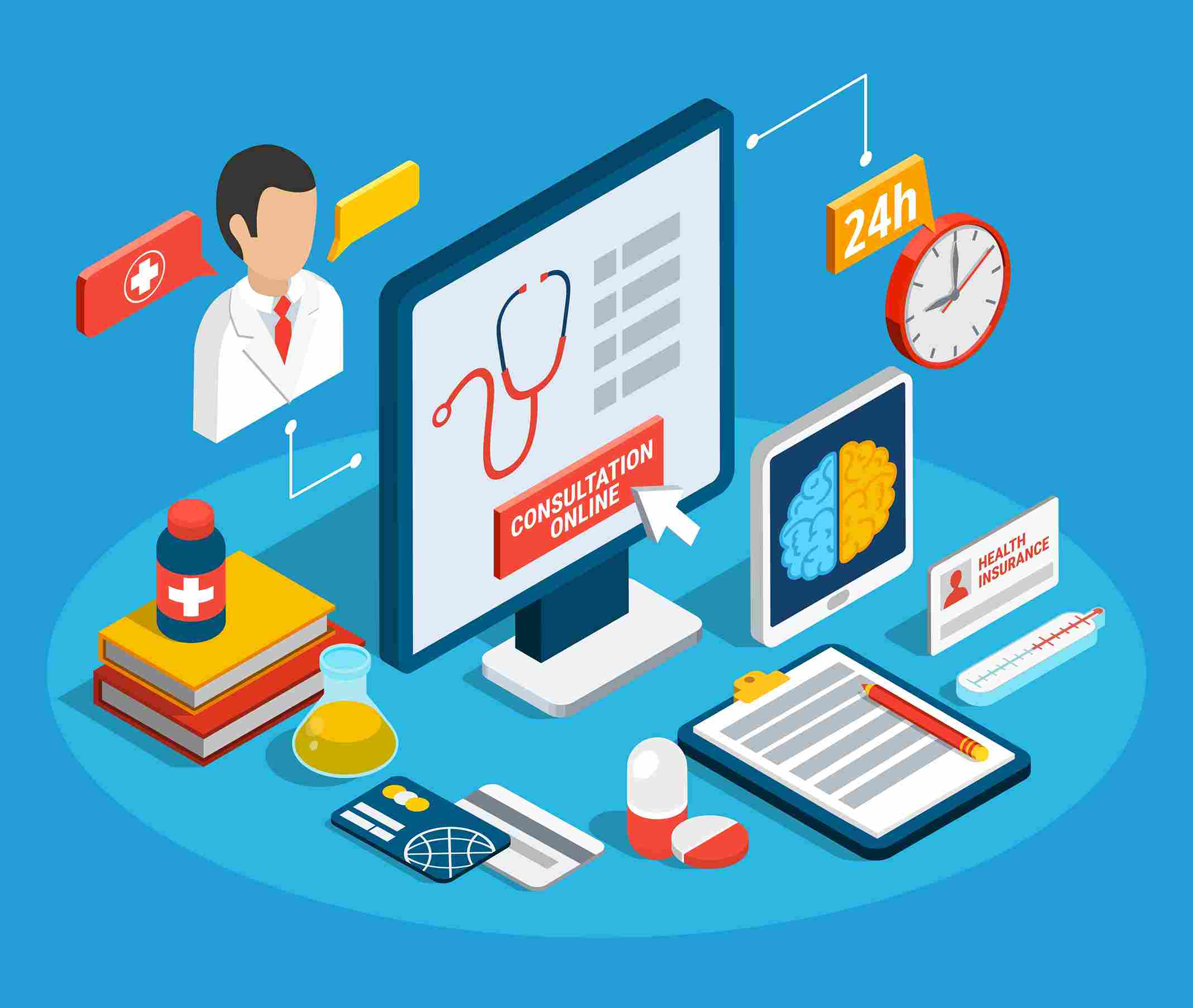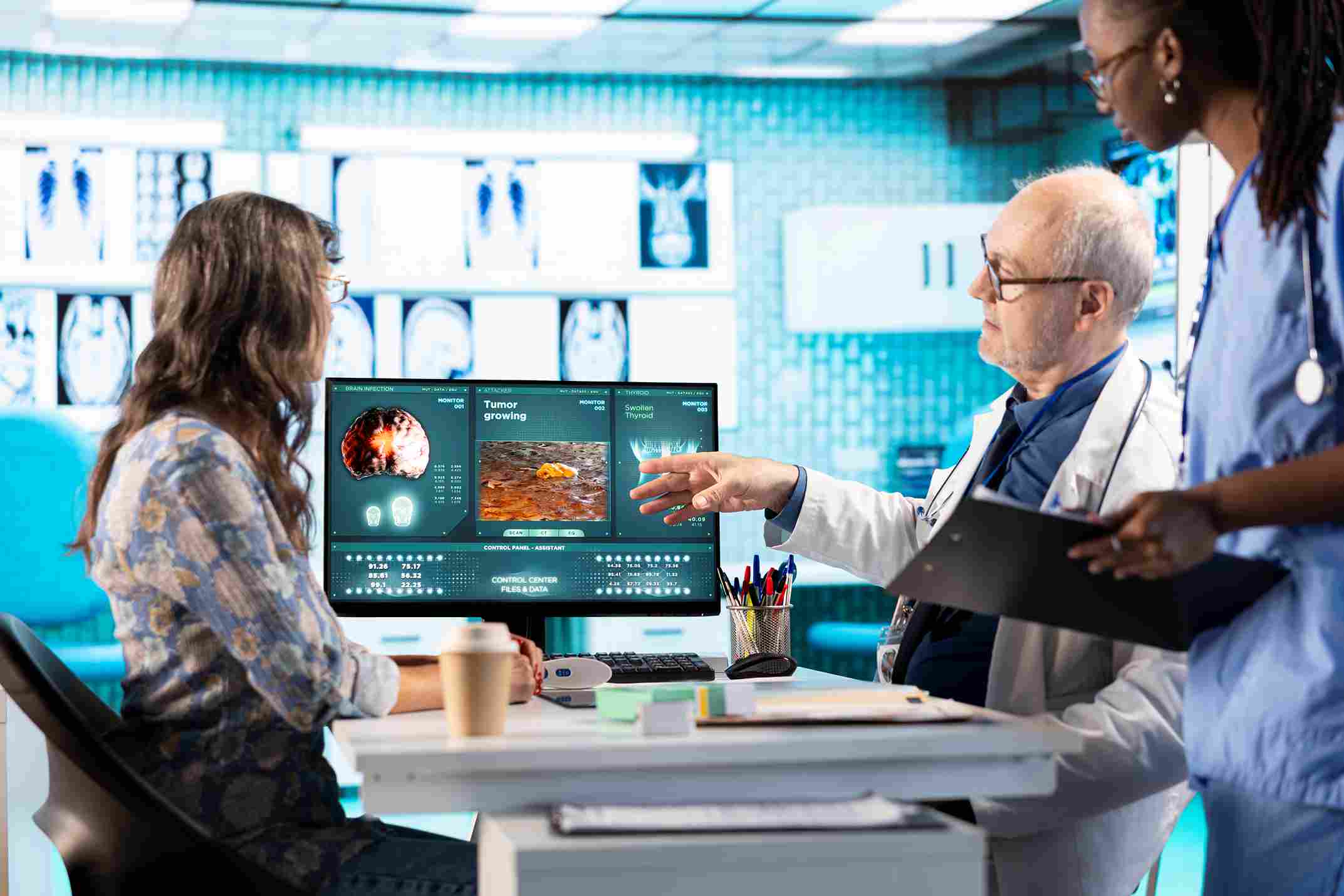
In the healthcare sector, the ability to deliver seamless, coordinated care is critical to improving patient outcomes and operational efficiency. Hospital Management Systems (HMS) have emerged as a transformative technology, redefining how hospitals manage inpatient care coordination. This comprehensive guide explores the multifaceted ways HMS enhances inpatient care coordination, streamlines workflows, and supports better health outcomes.
Understanding Inpatient Care Coordination
Inpatient care coordination involves the organized delivery of healthcare services to patients admitted to a hospital. It requires collaboration among physicians, nurses, pharmacists, and allied health professionals, ensuring that every aspect of a patient’s care—from admission to discharge—is managed efficiently. Effective coordination minimizes errors, reduces redundancies, and leads to better patient experiences.
The Role of HMS in Modern Healthcare
Hospital Management Systems are integrated software platforms designed to automate and optimize various administrative, clinical, and financial processes within a hospital. By centralizing data and standardizing workflows, HMS addresses many of the traditional challenges associated with inpatient care coordination.
Centralized Patient Records for Seamless Communication
One of the most significant advancements brought by HMS is the centralization of patient records. Instead of fragmented paper charts or siloed digital files, HMS provides a unified repository where all patient data—medical histories, lab results, imaging, prescriptions, and progress notes—are stored and instantly accessible to authorized clinicians. This centralization:
- Enables physicians and care teams to make informed decisions quickly, especially in critical situations where every second counts.
- Minimizes diagnostic errors by ensuring all relevant information is available at the point of care.
- Facilitates smooth transitions between departments, reducing the risk of information loss during handoffs.
Automated Workflows and Reduced Administrative Burden
Manual processes in hospitals are often time-consuming and prone to errors. HMS automates key workflows such as:
- Admission, transfer, and discharge procedures
- Appointment scheduling and resource allocation
- Medication ordering and administration
- Billing and insurance claims
By automating these tasks, HMS reduces the administrative burden on healthcare providers, allowing them to devote more time to direct patient care. This automation also leads to fewer delays, streamlined patient throughput, and reduced length of stay.
Enhanced Clinical Decision Support
Modern HMS platforms incorporate clinical decision support tools that deliver evidence-based guidelines and best practices at the point of care. These tools:
- Reduce treatment variability by standardizing protocols across departments
- Improve adherence to clinical pathways and reduce unnecessary interventions
- Support medication safety with integrated barcode verification, drug interaction alerts, and dose calculations—leading to a significant reduction in medication errors.
Real-Time Communication and Collaboration
Effective inpatient care coordination depends on timely communication among multidisciplinary teams. HMS provides secure messaging, shared task lists, and real-time updates, ensuring that:
- Physicians, nurses, and allied health professionals are always on the same page regarding a patient’s status and care plan
- Test results, consult notes, and medication changes are communicated instantly, reducing the risk of miscommunication and errors.

Resource Optimization and Predictive Analytics
HMS leverages data analytics to optimize resource allocation. Predictive demand forecasting helps hospitals:
- Match staffing levels with patient volume, reducing both understaffing and overstaffing
- Allocate beds, operating rooms, and equipment efficiently
- Identify bottlenecks and implement process improvements to reduce patient wait times and enhance throughput.
Medication Management and Safety
Medication errors are a leading cause of preventable harm in hospitals. HMS addresses this by:
- Logging prescriptions, dosages, and administration schedules
- Providing alerts for potential drug interactions or allergies
- Automating pharmacy workflows to ensure timely medication delivery
These features help reduce the risk of adverse drug events, especially for patients with complex medication regimens.
Facilitating Multidisciplinary Rounds and Care Planning
HMS supports multidisciplinary rounds by providing a shared platform where all team members can:
- Review the latest patient data
- Document their assessments and recommendations
- Update care plans in real time
This collaborative approach ensures that all aspects of a patient’s care are aligned and coordinated, leading to more comprehensive and effective treatment.

Improved Discharge Planning and Continuity of Care
Effective discharge planning is crucial to prevent readmissions and ensure continuity of care. HMS streamlines this process by:
- Generating discharge summaries that include all relevant clinical information
- Coordinating follow-up appointments and referrals
- Providing patients with clear instructions and educational materials
These features help patients transition safely from hospital to home or other care settings, reducing the likelihood of complications or readmissions.
Data Security and Compliance
With increasing concerns about patient privacy and data breaches, HMS incorporates robust security measures:
- Encryption and access controls to protect sensitive patient information
- Audit trails to monitor data access and modifications
- Automated compliance reporting for regulatory bodies such as CMS and the Joint Commission
This ensures that hospitals meet legal and ethical standards while maintaining patient trust.

The Future of Inpatient Care Coordination with HMS
Hospital Management Systems have revolutionized how hospitals coordinate inpatient care. By centralizing patient data, automating workflows, enhancing communication, and supporting clinical decision-making, HMS empowers healthcare providers to deliver safer, more efficient, and patient-centered care. As technology continues to evolve, the integration of advanced analytics, artificial intelligence, and telemedicine capabilities will further enhance the value of HMS in inpatient care coordination.
For hospitals seeking to improve patient outcomes, operational efficiency, and regulatory compliance, investing in a robust HMS is not just an option—it is a strategic imperative for the future of healthcare delivery.
Ready to transform your hospital’s care coordination? Explore how our HMS solutions can streamline your operations and elevate patient care today.

